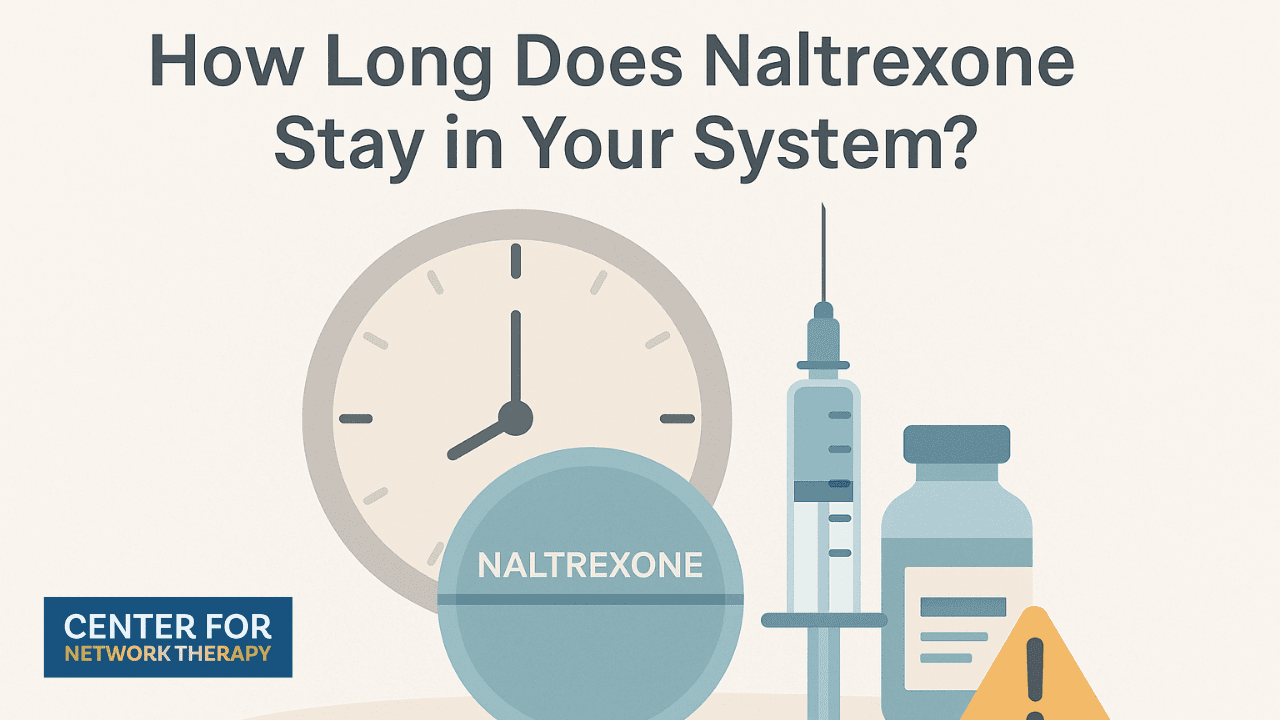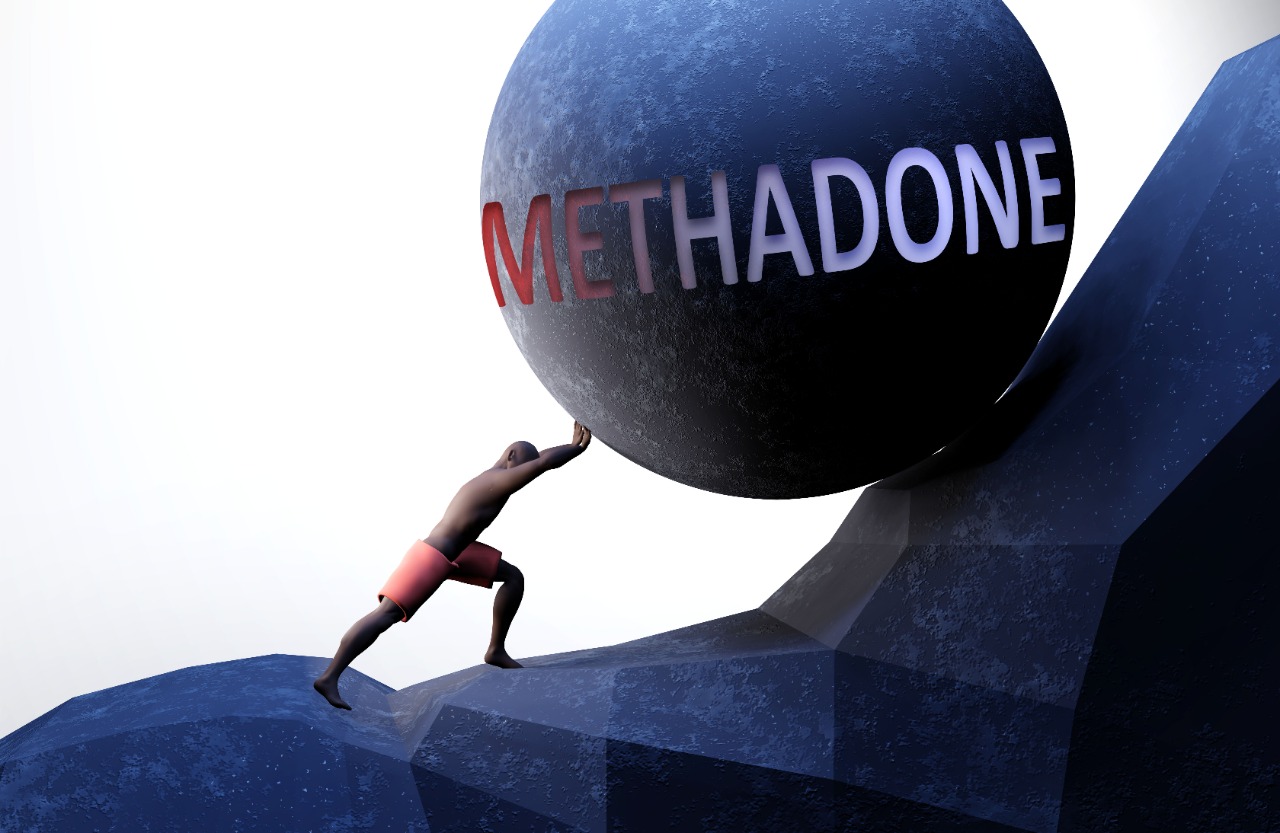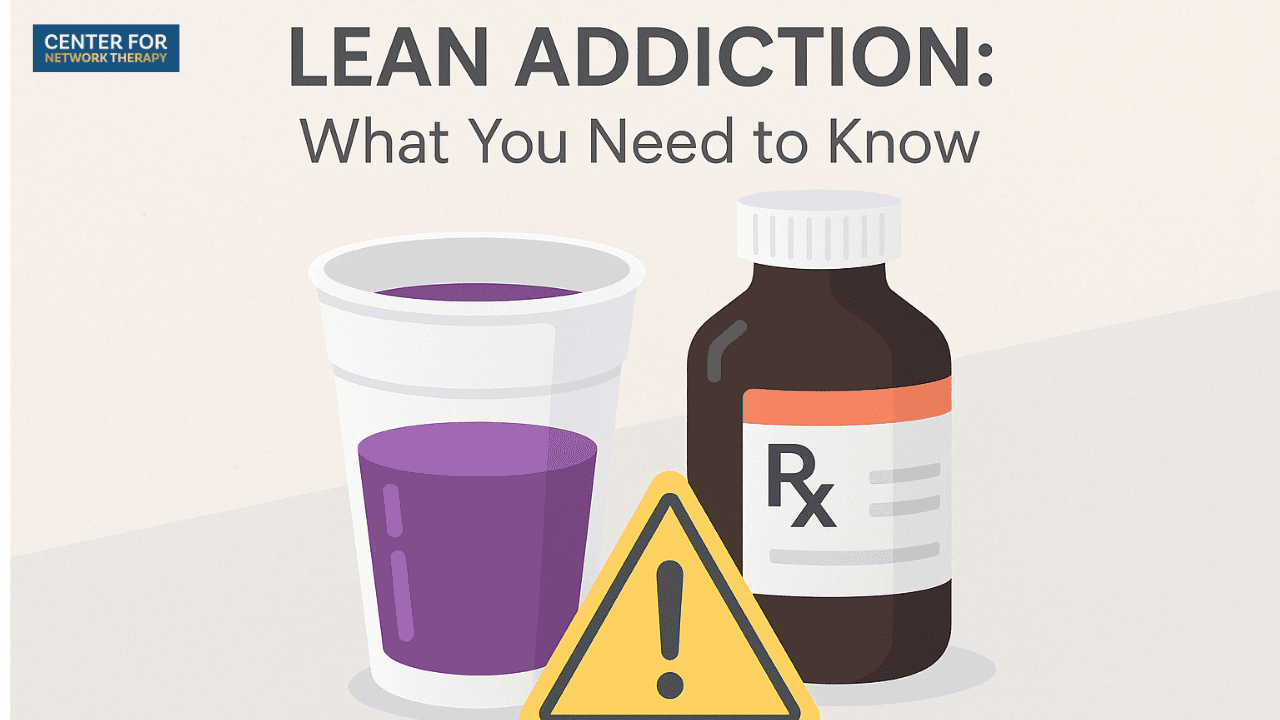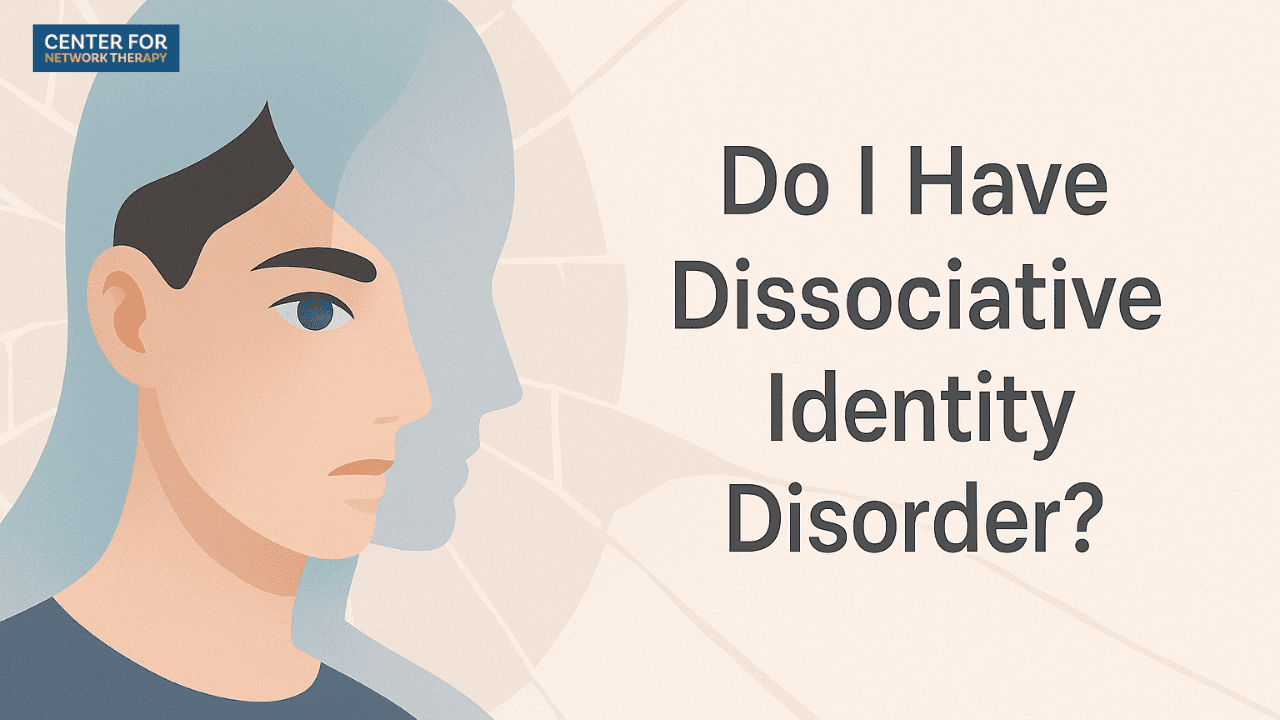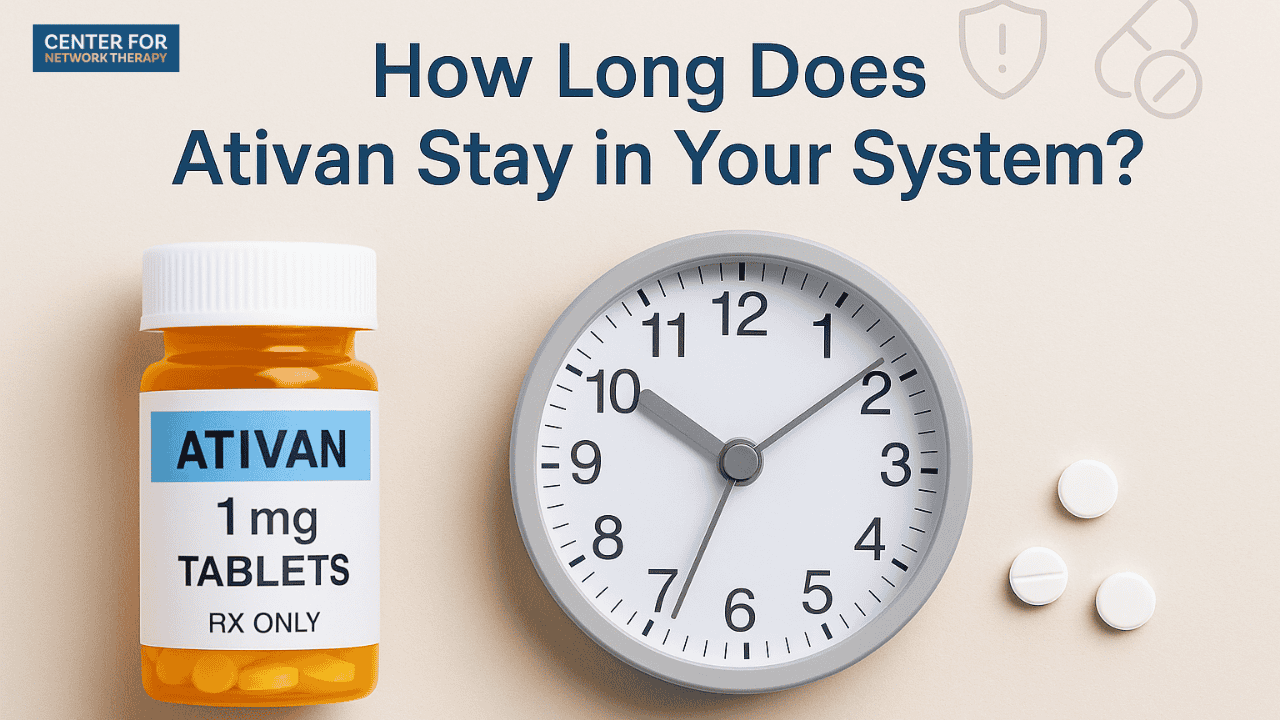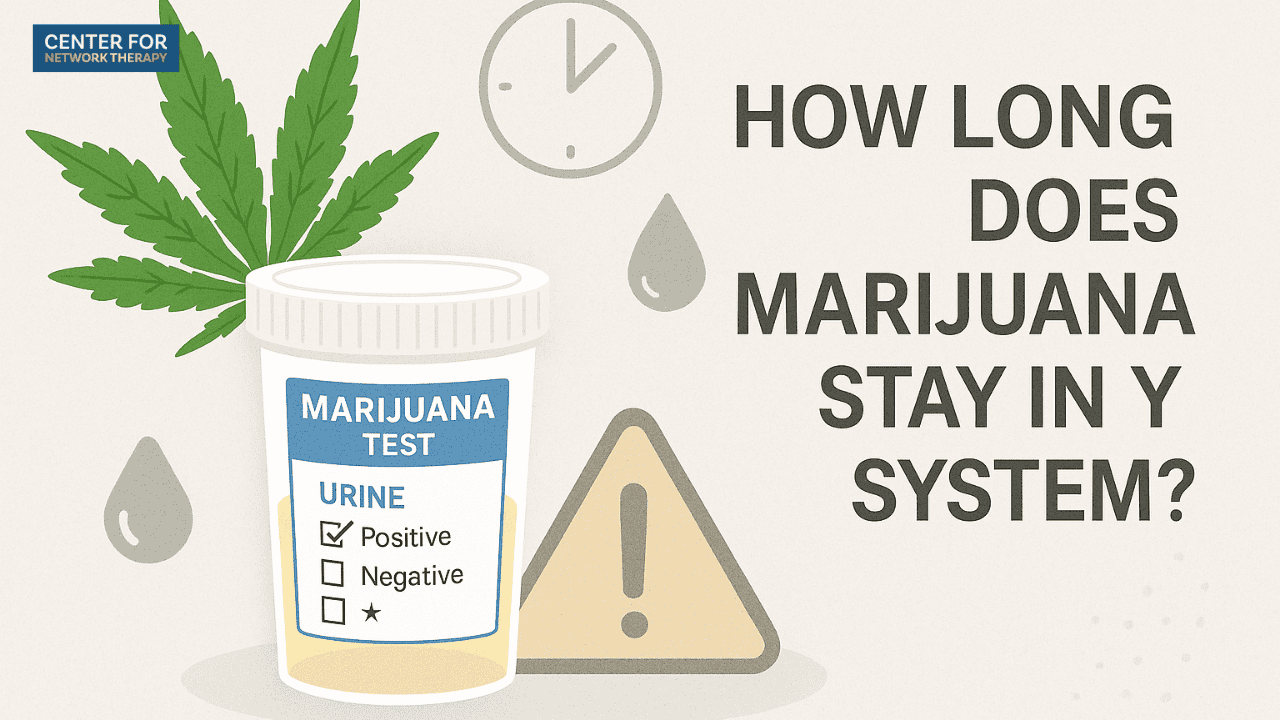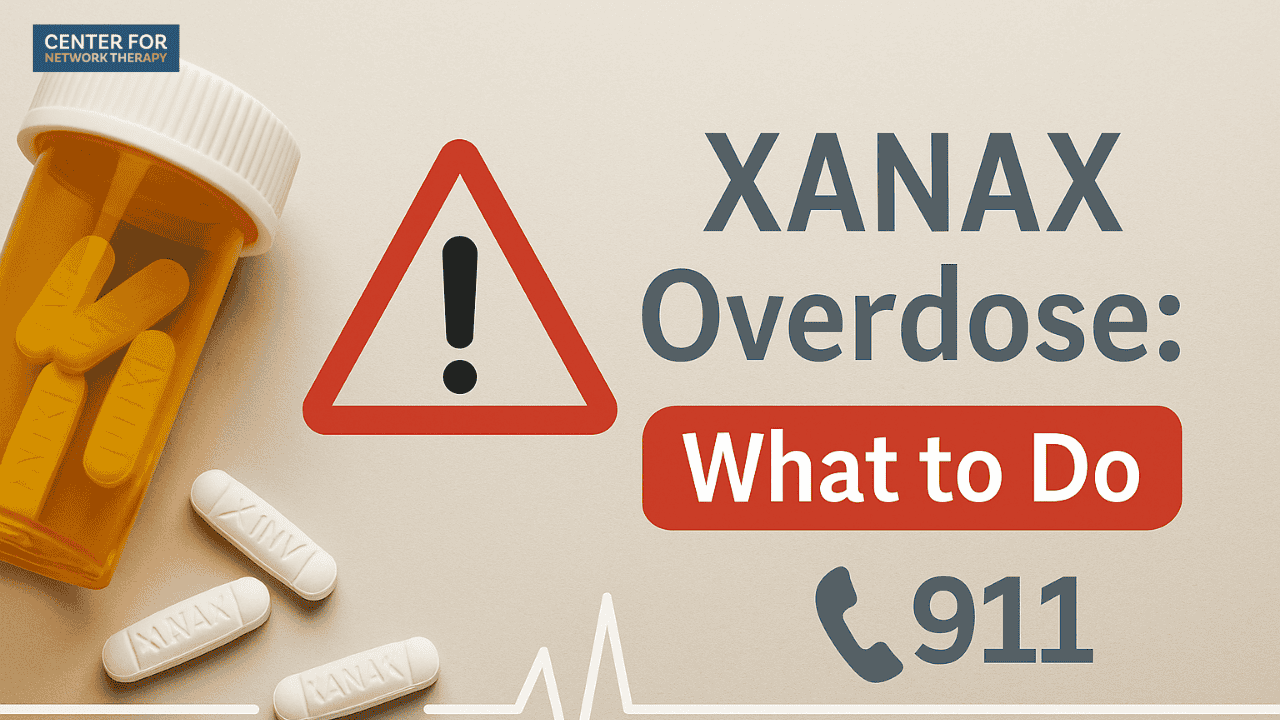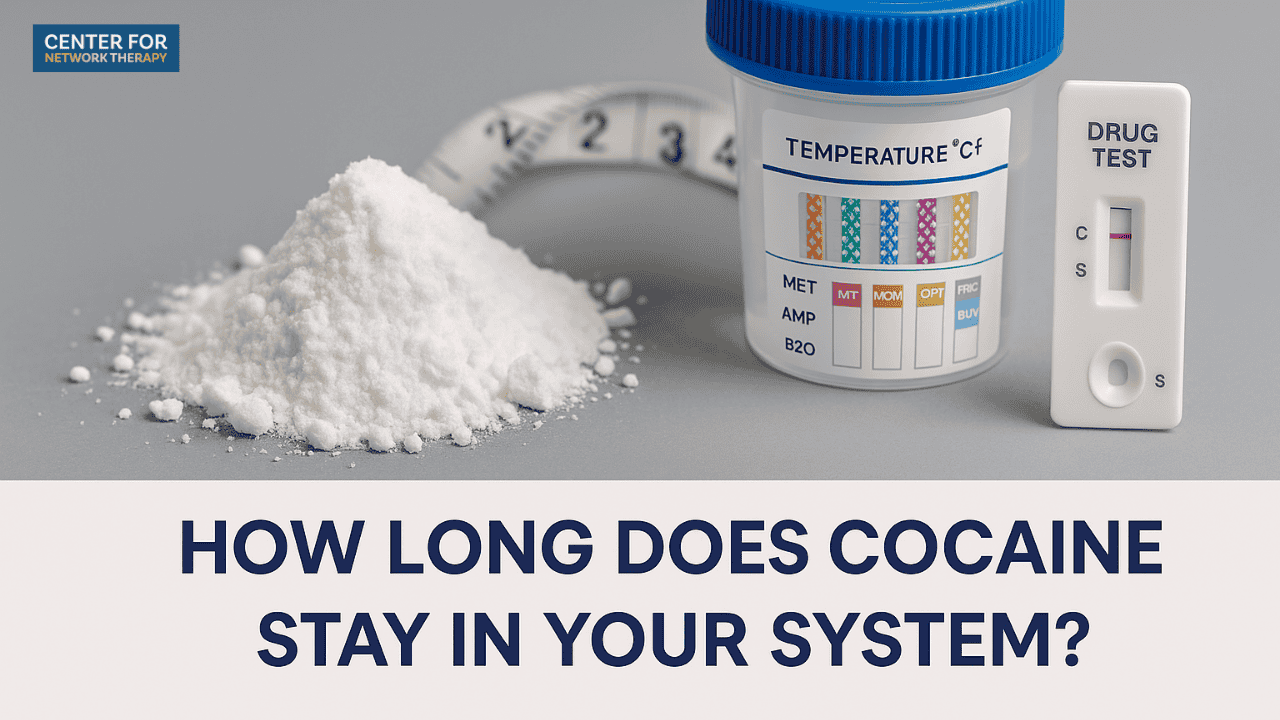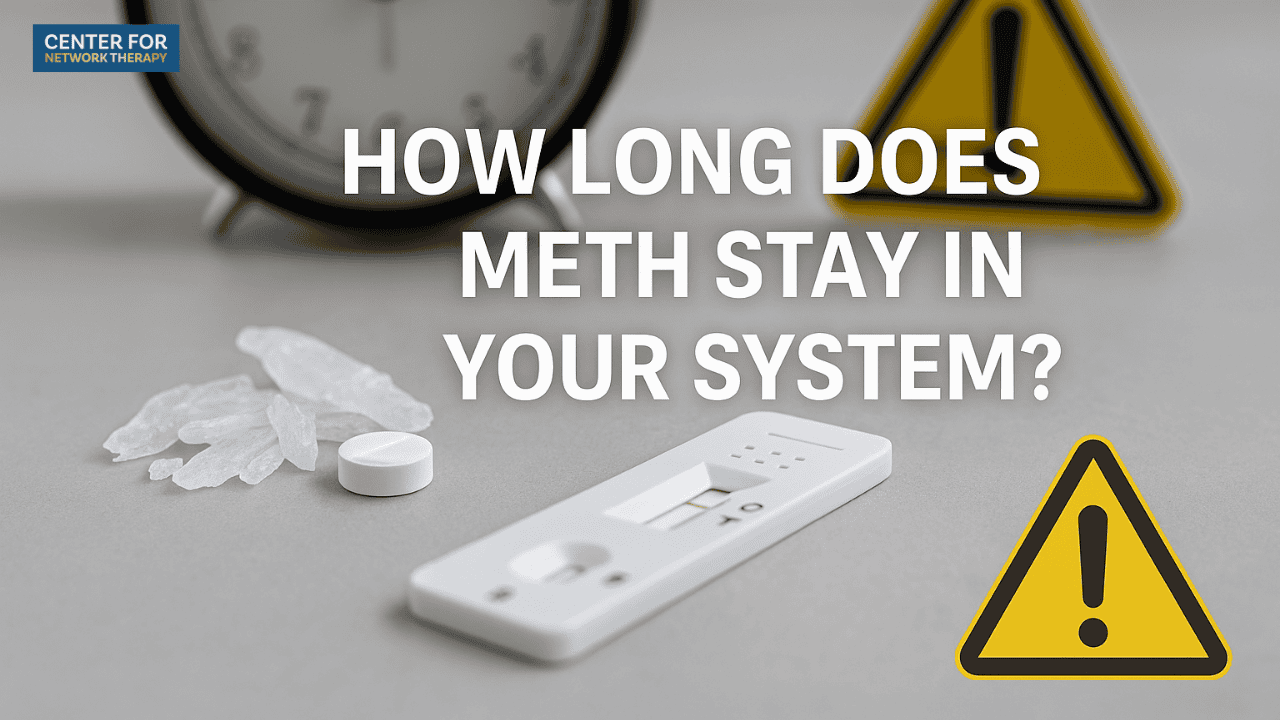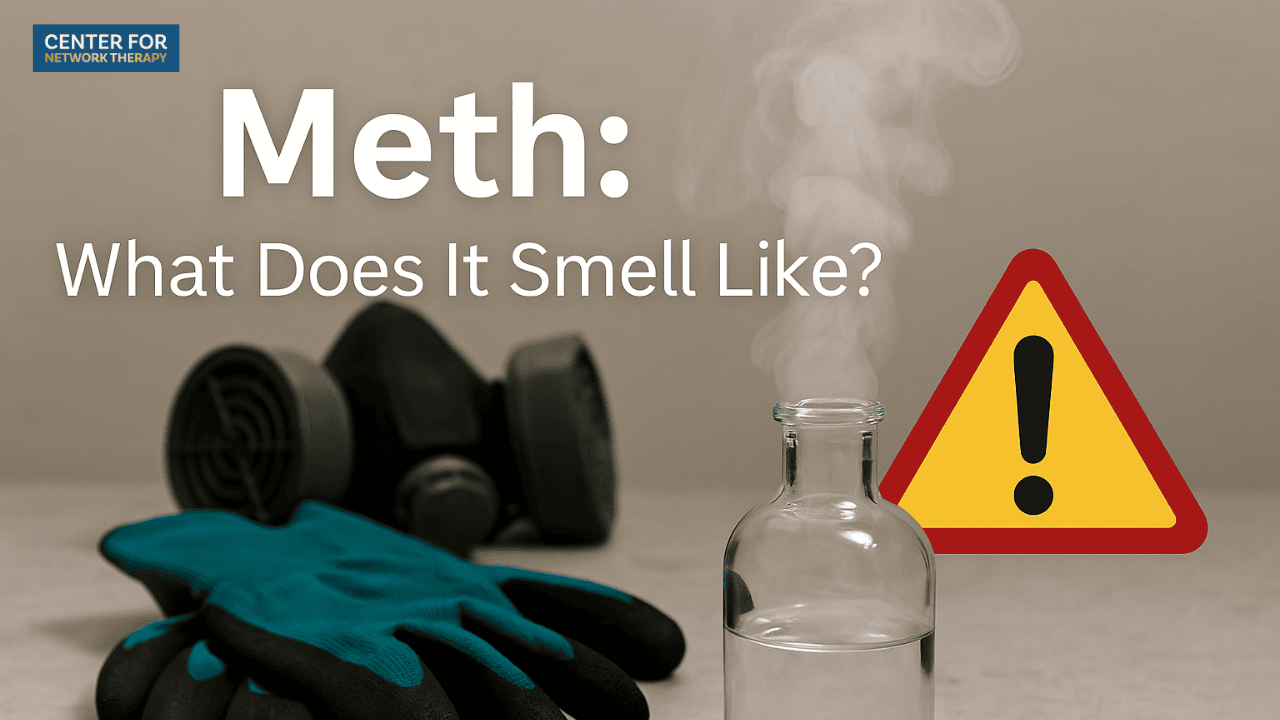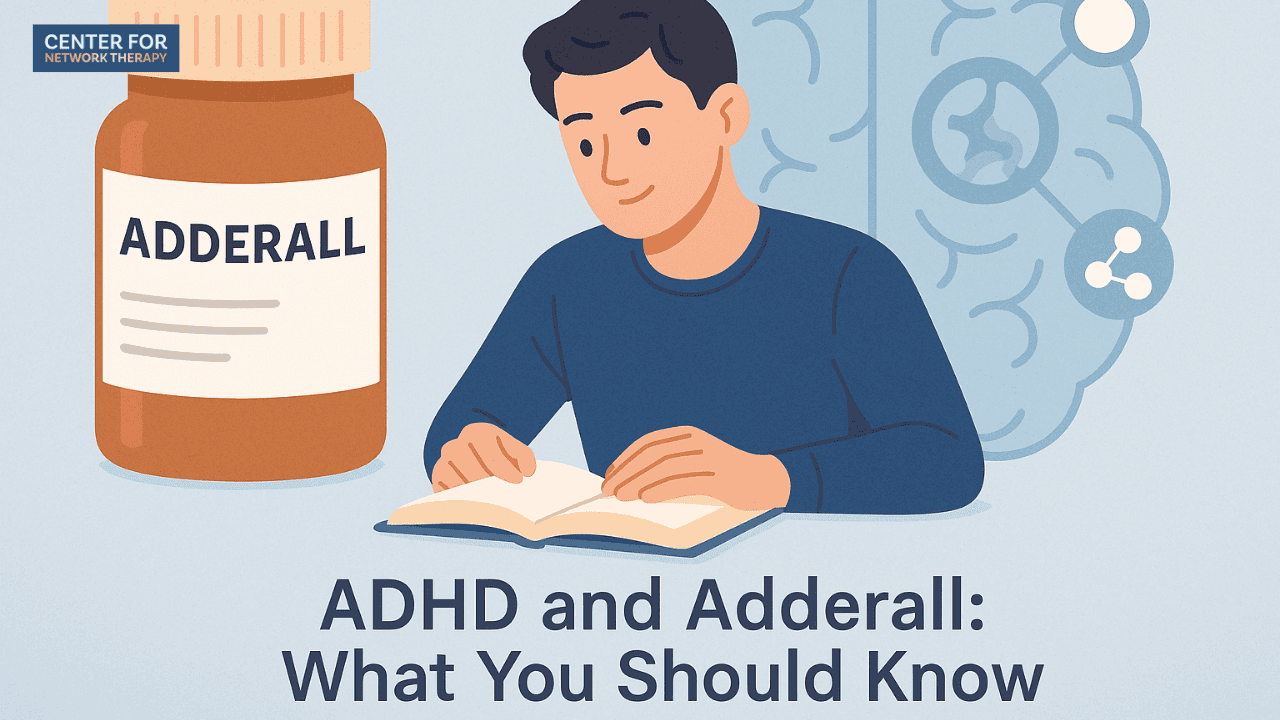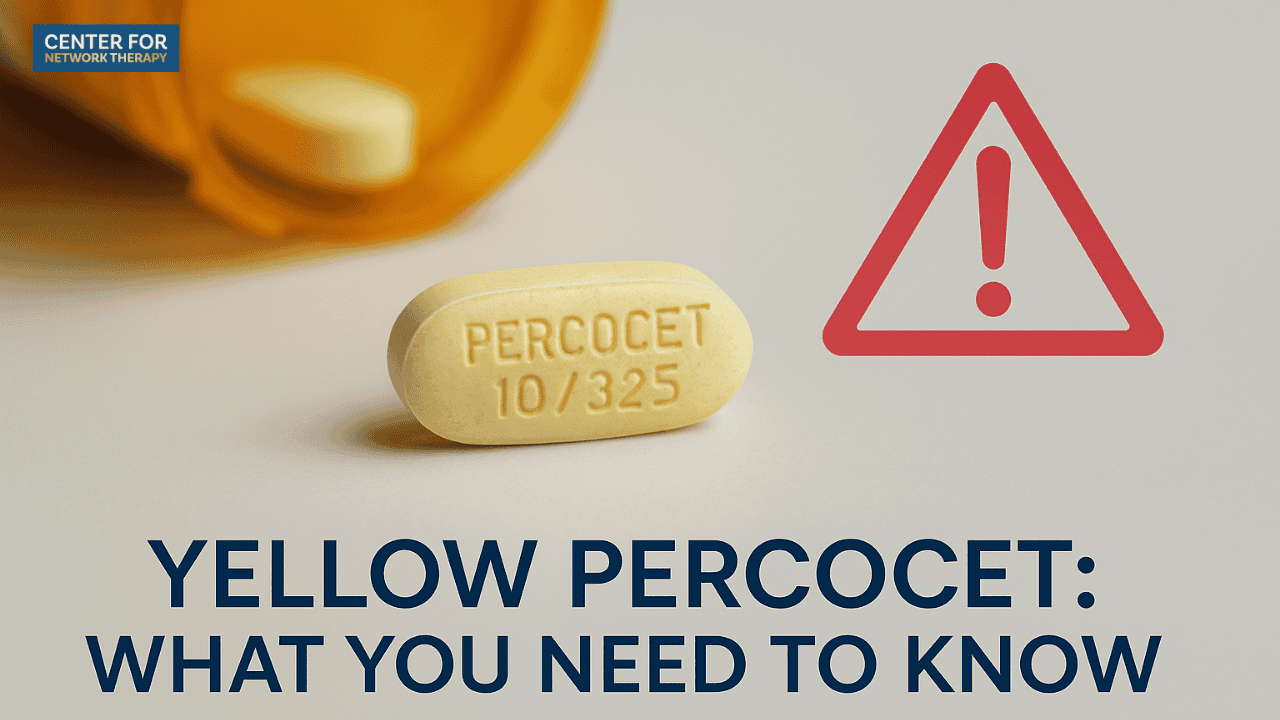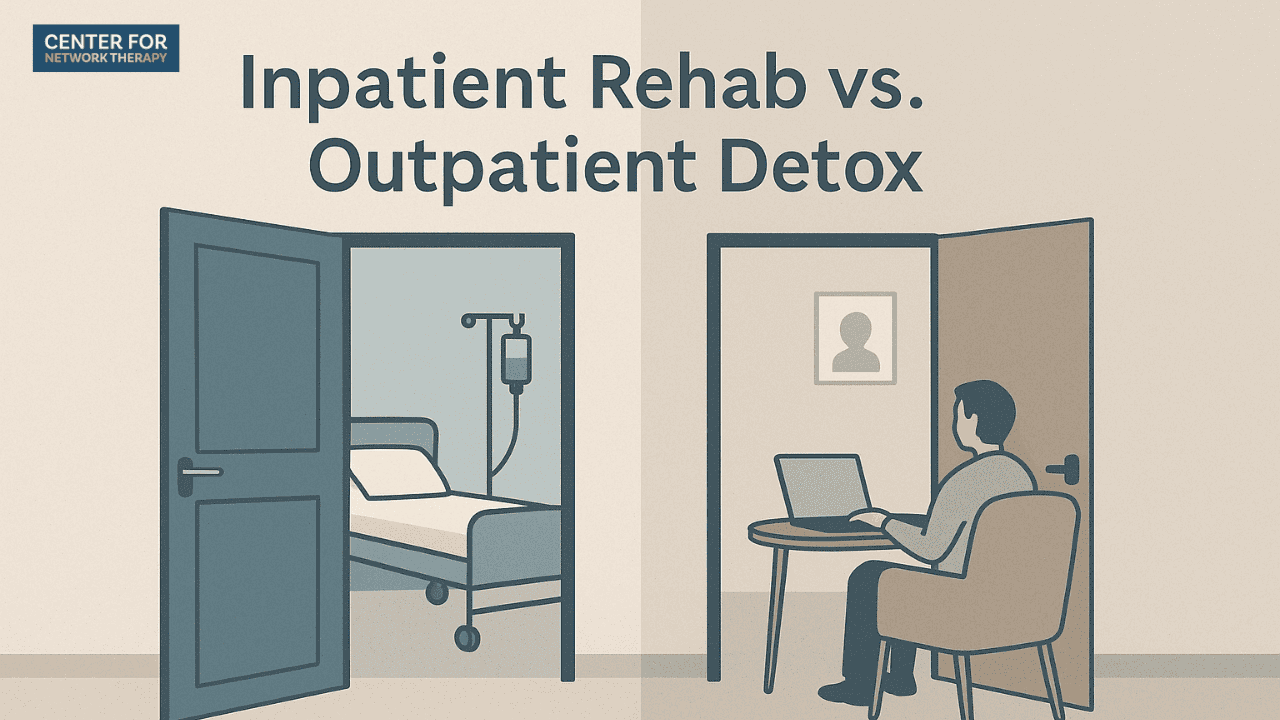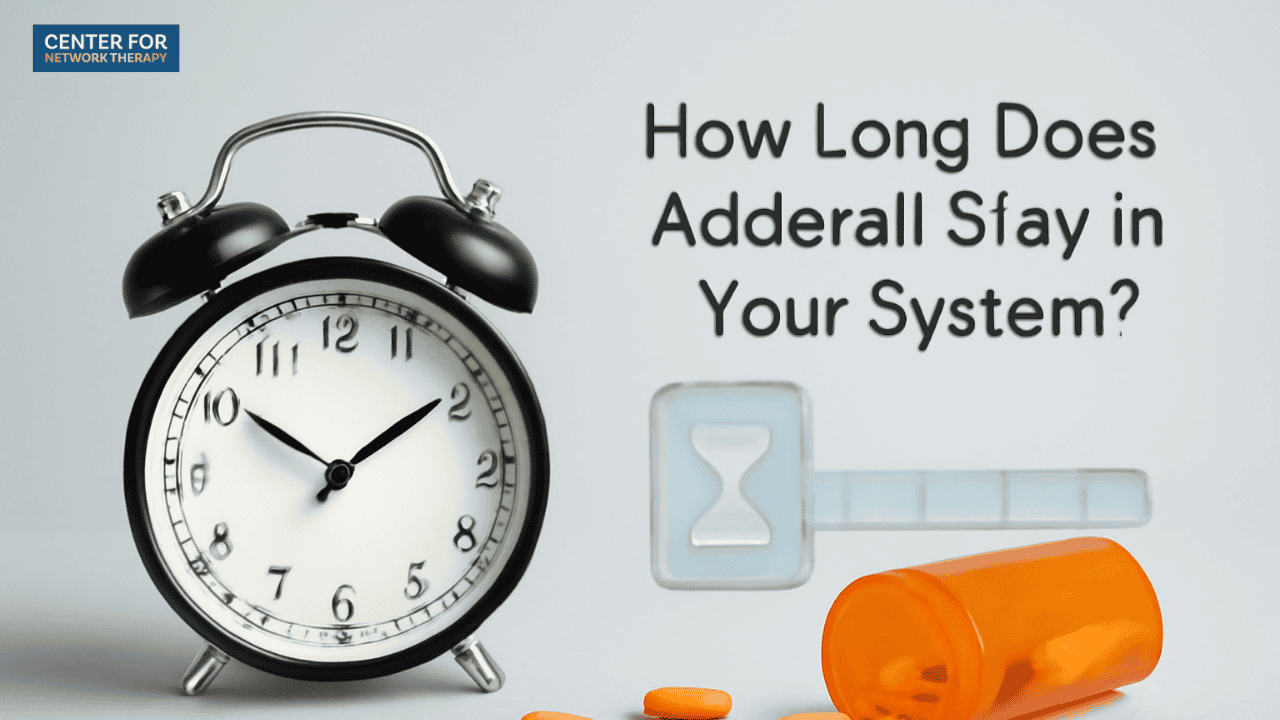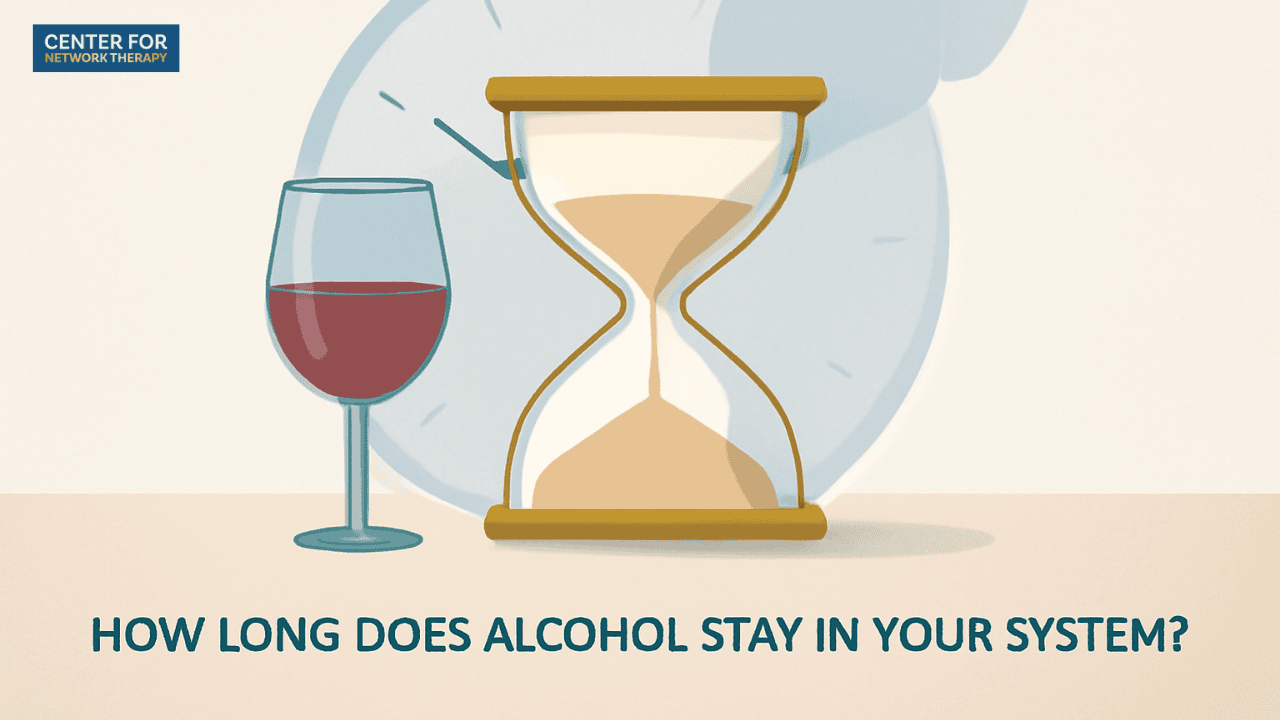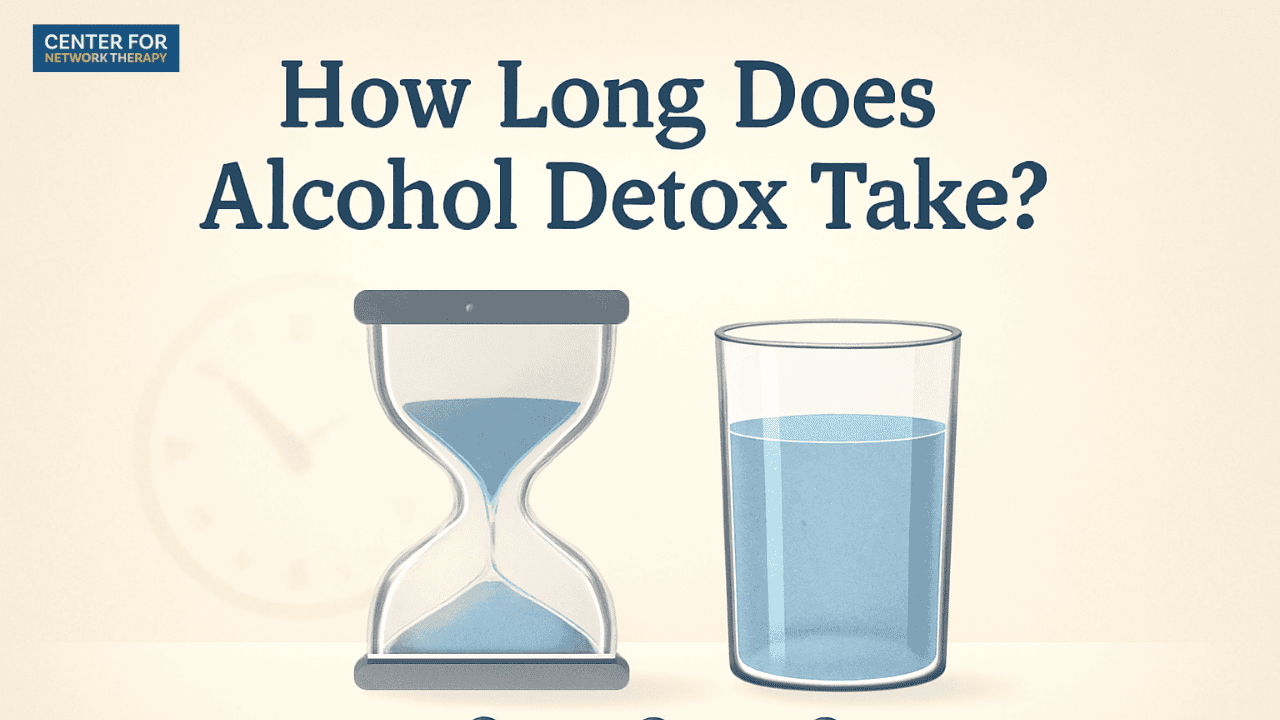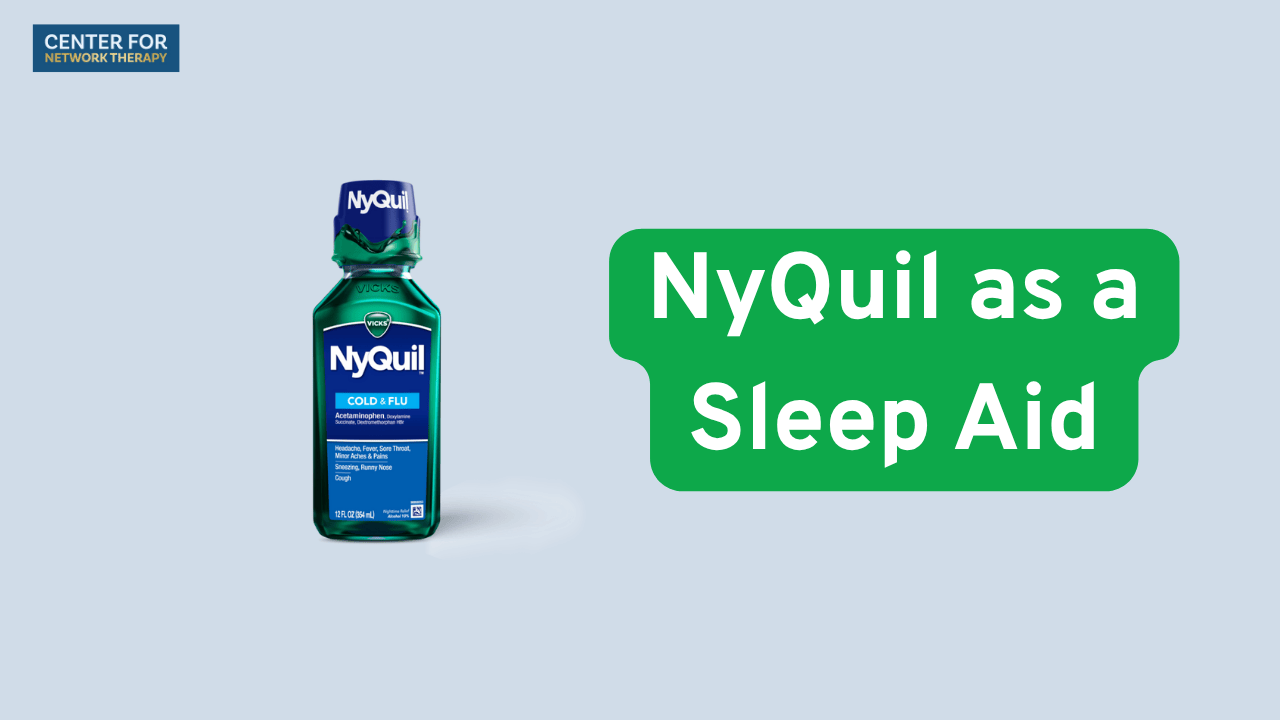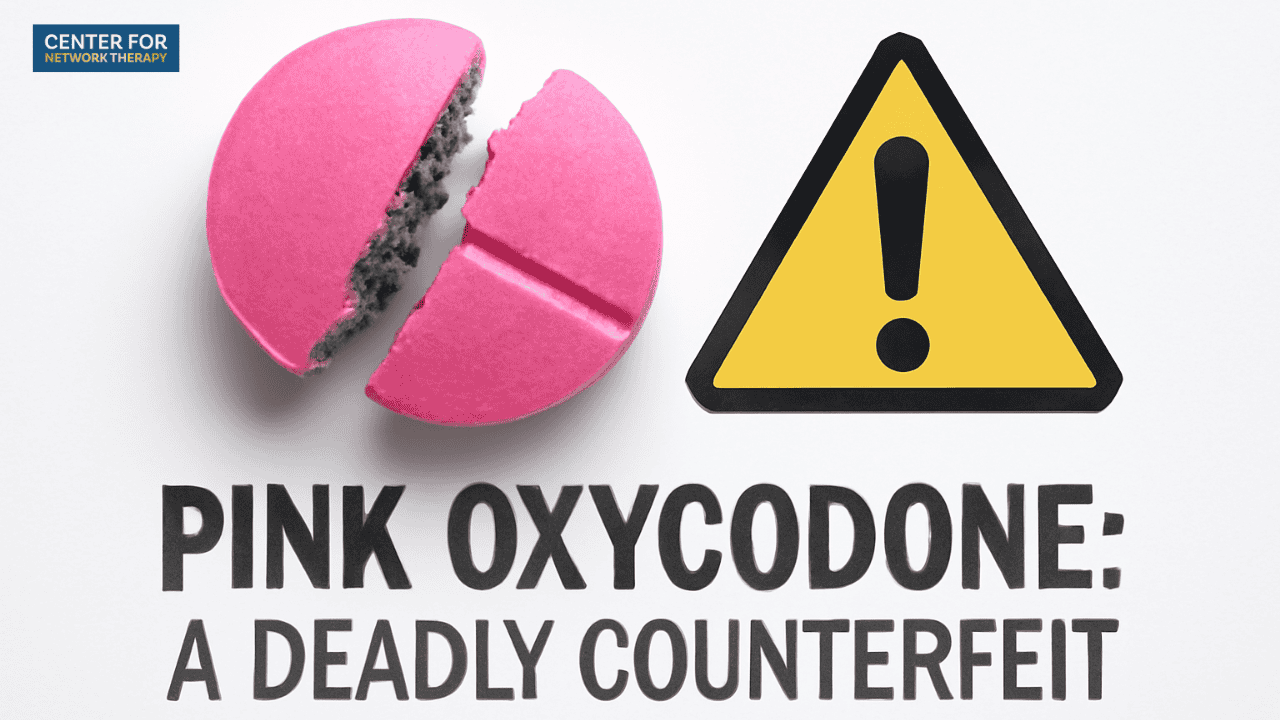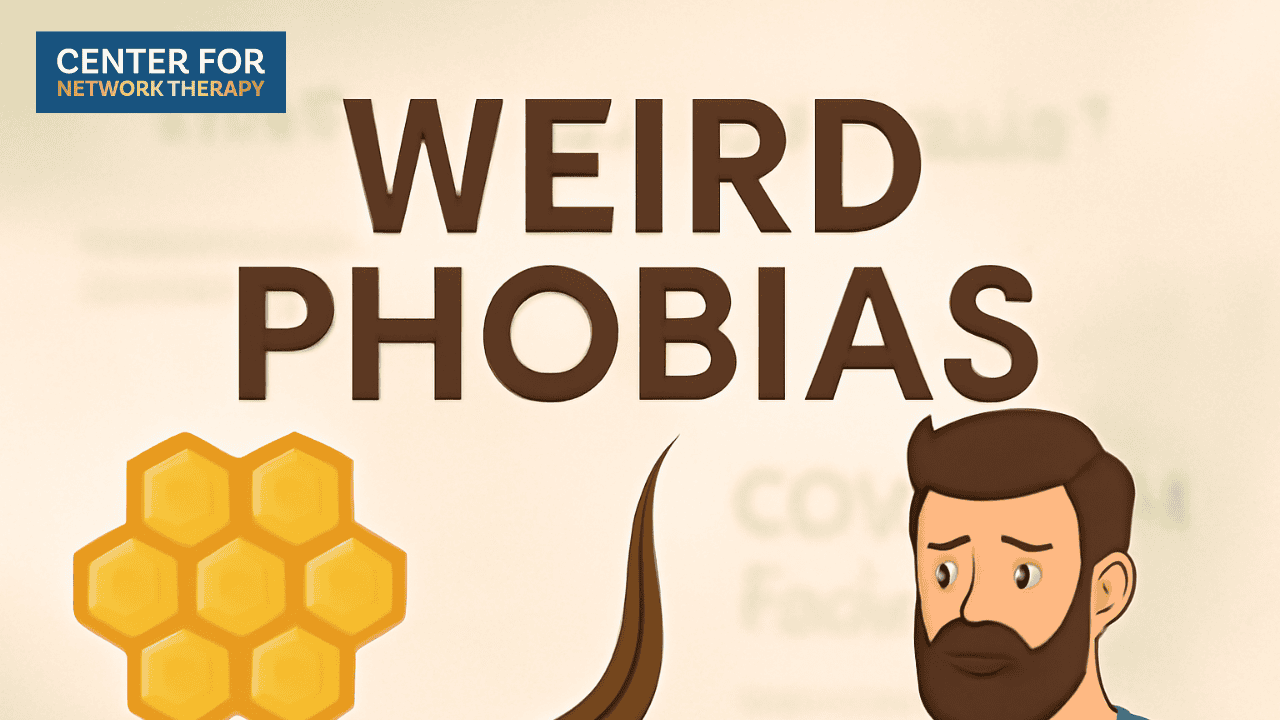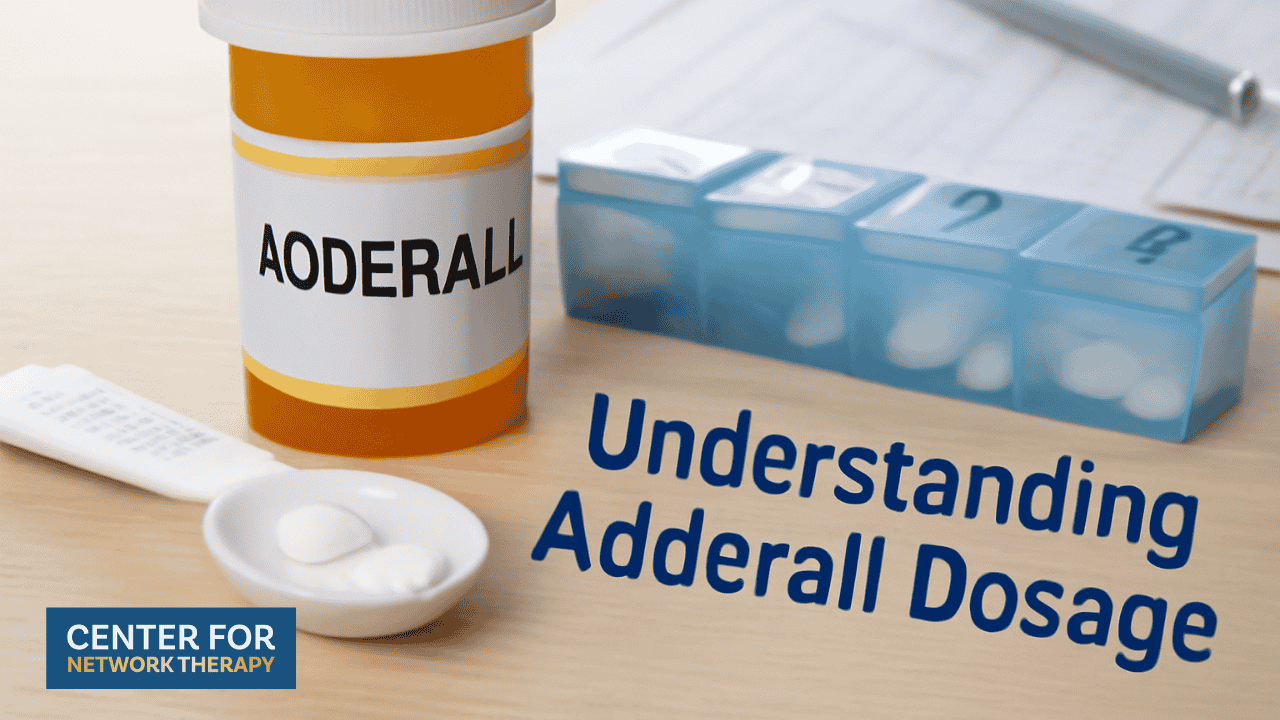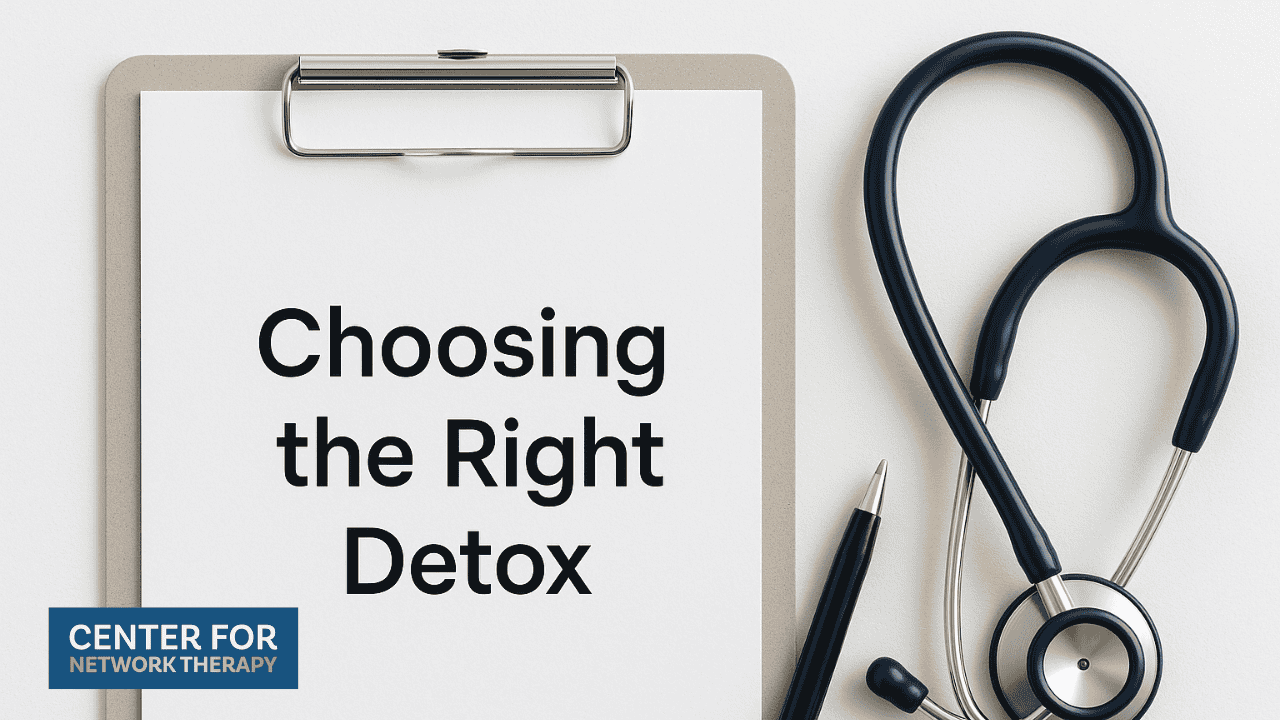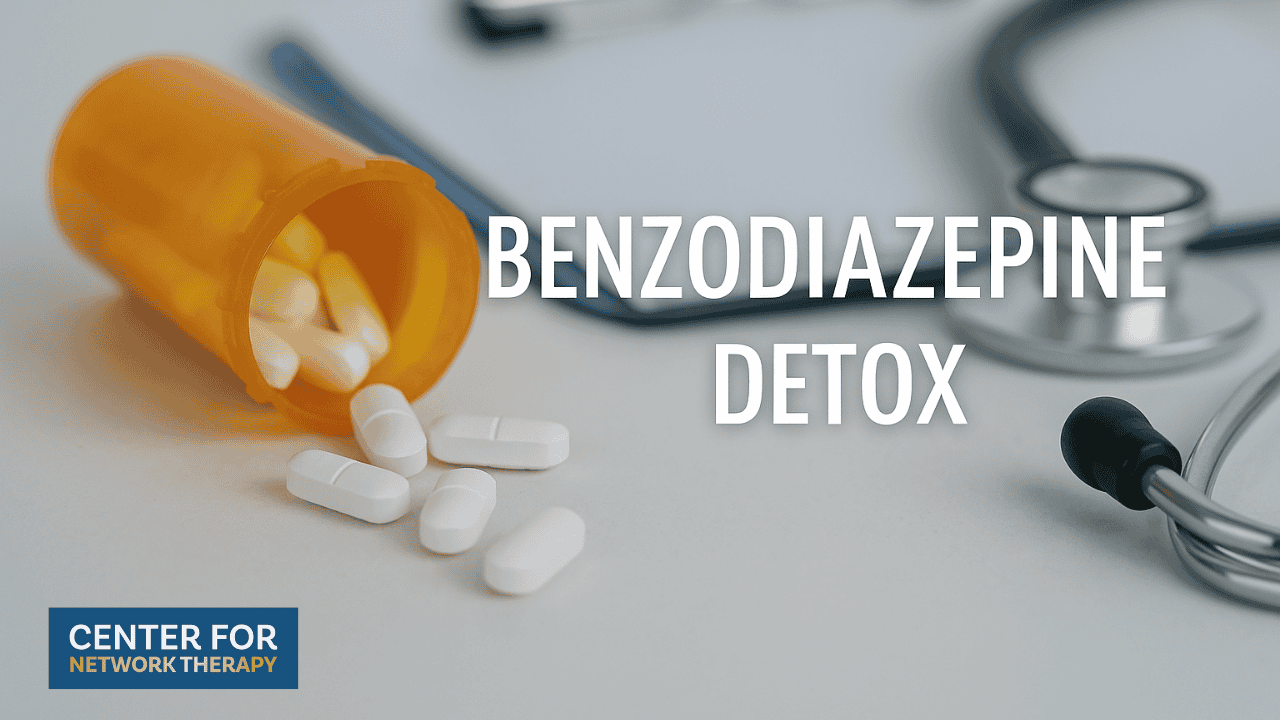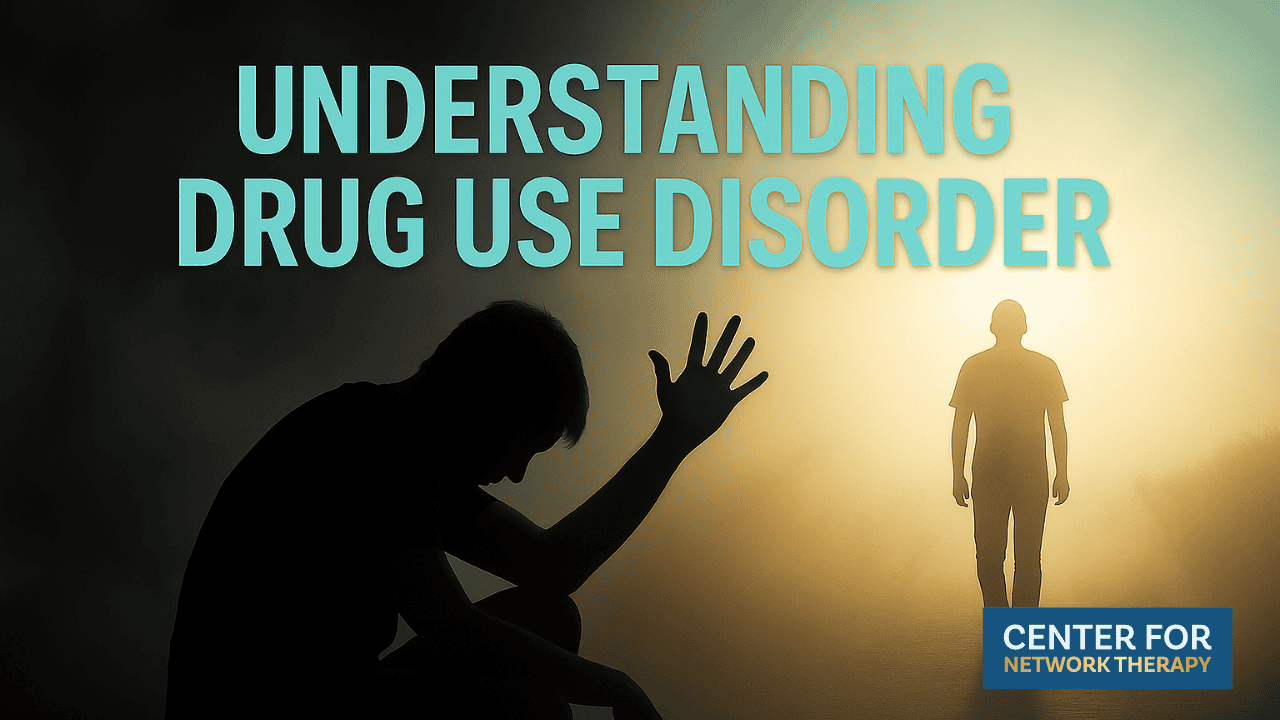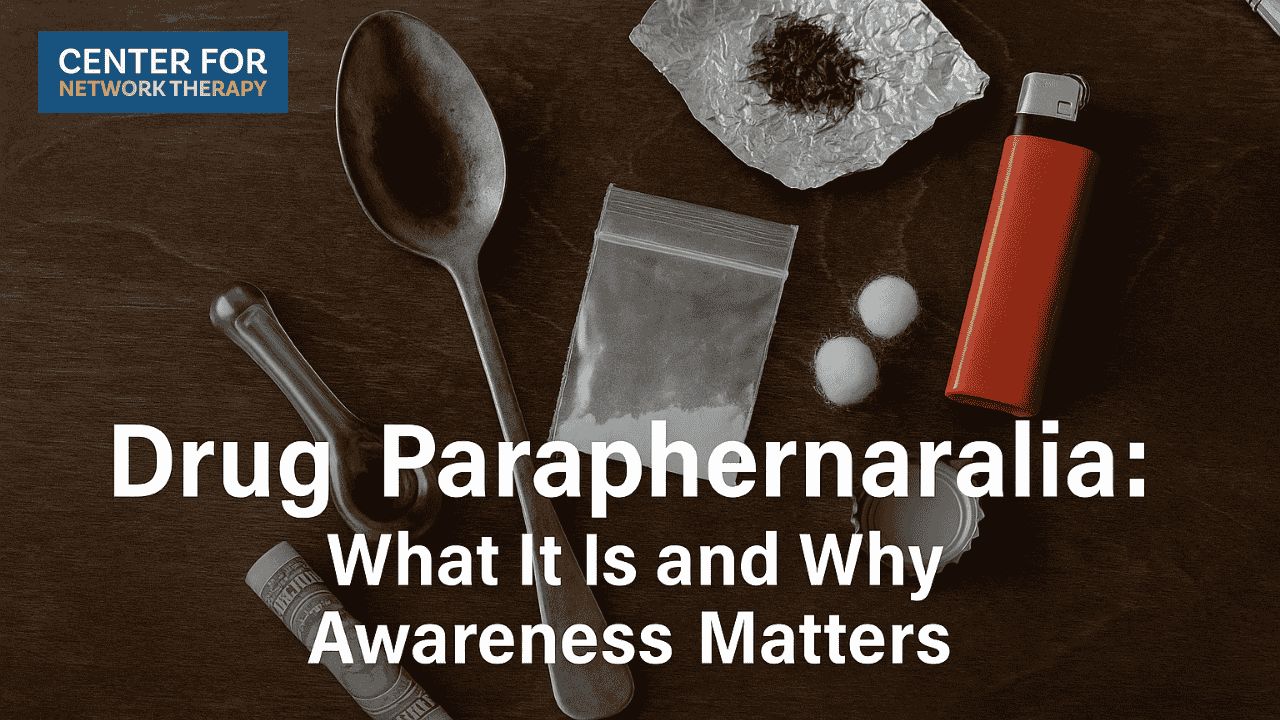Why Ketamine Treatment for Resistant Depression May Be Right for You
Ketamine or Ketamine hydrochloride is a drug that was originally approved for anesthetic purposes. It serves as a sedative before surgery or prevents discomfort during medical tests. Ketamine is used as an anesthetic primarily in the veterinary industry, but it also used in humans. Some doctors prescribe it off-label for the treatment of other ailments. It has dissociative properties. It causes distortion of the senses, short-term memory loss, and hallucinations.
Ketamine was first used in Belgium by veterinarians as anesthesia for animals. It was approved for human use during the Vietnamese war to treat injured soldiers. Because of its dissociative properties, some people use it as a recreational drug. The effects of Ketamine are similar to LSD. The casual use of Ketamine can cause serious problems. Effects of Ketamine on the human body are:
- Dissociative properties– Ketamine blurs the senses and causes hallucinations and short-term memory loss. One feels dissociated with the body. It can lead to increased chances of accidents when under the influence.
- Increased heartbeat– Ketamine increases the blood pressure and heartbeat of a person giving a feeling of rush. It can even cause convulsions.
- Rigid muscles, inability to move
- Slurred speech, blurred vision, confusion, and clumsiness
- Nausea, anxiety, and panic
- Overdose can lead to death.
Long term use of Ketamine:
Repeated abuse of Ketamine drugs can cause long-term physical and mental complications. It can cause organ failure, impaired memory, rapid heart rate, seizures, etc.
Effect on physical health-
- Inflamed bladder: Abuse of Ketamine causes inflammation of the bladder and can lead to permanent damage. Troubled and painful urination with sometimes blood in it, frequent urge to urinate and inability to hold urine are some problems. It is associated with ulcerative cystitis and permanent bladder failure.
- Destabilized heart rhythm: It can cause a temporary increase or decrease in heart rate and disrupt blood vessel functions. An overdose can lead to heart attack and stroke.
- Liver failure- Prolonged use of Ketamine can damage the liver tissue and cause organ failure.
- Respiratory failure– Ketamine can cause uneven breathing, leading to respiratory depression.
Psychological Effects:
- Impaired memory– Many recreational drugs cause cognitive decline and memory problems. Ketamine is no exception. People who use Ketamine for a long time face impaired facial memory, disturbed verbal memory, and difficulty in recalling things.
- Flashbacks and hallucinations– Ketamine does not fall under hallucinogens but can cause flashbacks and hallucinations with prolonged use.
- Trigger mental disorders– Ketamine can trigger psychosis and schizophrenia in people vulnerable to mental health problems.
- Addictive- Ketamine is addictive. Prolonged use can make one dependent on it and cause withdrawal symptoms.
A professional rehab in New Jersey or Detox in New Jersey for ketamine dependence can resolve these issues.
Therapeutic uses of Ketamine:
Ketamine was originally for anesthetic purposes only. Some doctors do prescribe it as an off-label medicine for other ailments. Now, ketamine has been approved by the FDA for other chronic conditions, such as depression. It is sold under the brand name Spravato and administered as a nasal mist in approved doctor’s offices under supervision. However, other anti-depressants should have been first tried on the patient and proven to be unsuccessful in addressing depression. Other than a sedative during surgeries, Ketamine is also used to address:
Pain
Ketamine is known for its pain killing abilities. When administered in low doses, it does not produce dissociative Ketamine symptoms. It can provide relief from severe pain. Patients with fractures, abdominal or intestinal pain, lower back pain, and others can use measured doses of Ketamine for pain relief.
Emergency use
Emergency responders can use Ketamine to calm down agitated patients. Ketamine helps nerve relaxation in suicidal, trauma, or patients with nervous complaints.
Status Epilepticus
Ketamine helps patients with Status Epilepticus who do not respond to standard drugs. Status Epilepticus, if left untreated, can cause brain damage. Ketamine could help such patients.
Depression
Depression is hard to diagnose and requires prolonged treatment. Many patients do not respond to standard forms of treatment. Ketamine can be helpful for those patients. It is known to give faster results and long-lasting effects.
Anxiety
Ketamine has a calming effect on patients with anxiety. It lowers nervous activity, thus helpful in treating anxiety.
The use of Ketamine for other than anesthetic purposes is approved for chroninc, treatment-resistant depression. Seek professional guidance and use Ketamine only under expert supervision.
Who is Eligible for Ketamine treatment?
Ketamine is safe to use for people across ages. People who can opt for Ketamine therapy are:
- People suffering from chronic pain such as lower back pain, abdominal pain, or fractures and are not responding to other painkillers can opt for ketamine treatment.
- People with depression or anxiety disorder are not responding to standard forms of treatment.
- Are not allergic to Ketamine.
Who is not eligible?
- Pregnant women
- Heart conditions
- High blood pressure
- History of alcohol and substance abuse
- History of psychosis or schizophrenia
Final Overview – Where to go for Ketamine treatment?
Ketamine is a drug that can cause repercussions and side effects if not used under expert guidance. The Ketamine detox center in New Jersey desires to bring health and hope to people. Ketamine is used as nasal sprays or through infusion with IV drops. With expert consultations and personalized treatment plans, the Ketamine detox center in New Jersey has successfully treated many patients.
Related Articles
Ketamine Treatment for Treatment Resistant Depression Could Save Your Life
Is Your Doctor Unwittingly Enabling Your Addiction
How to Identify the Telltale Signs of Addiction in Your Kids?





